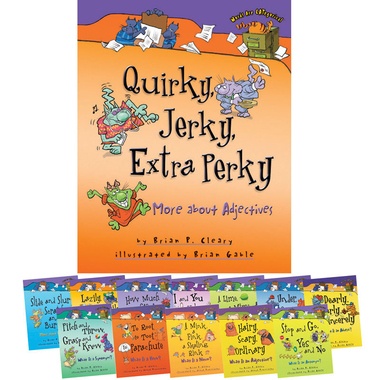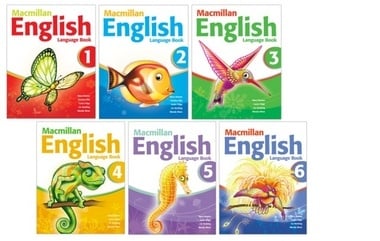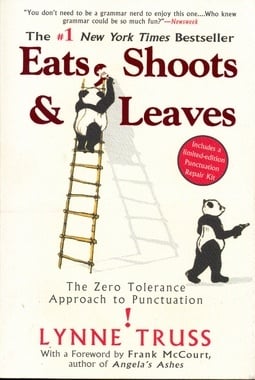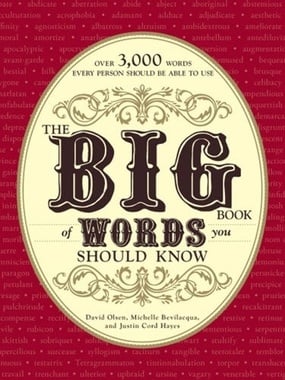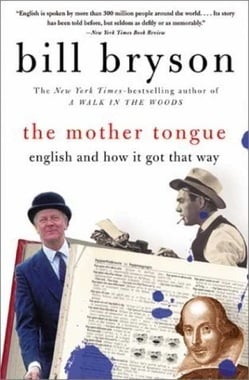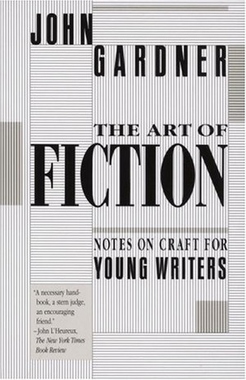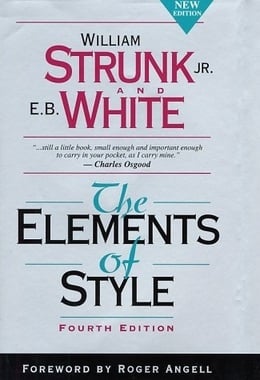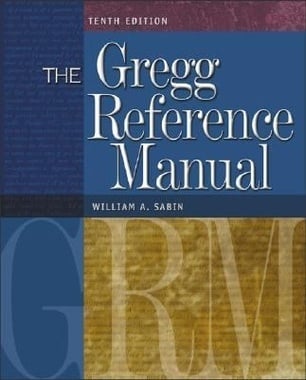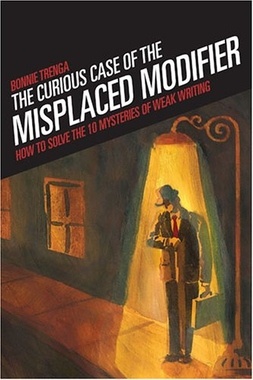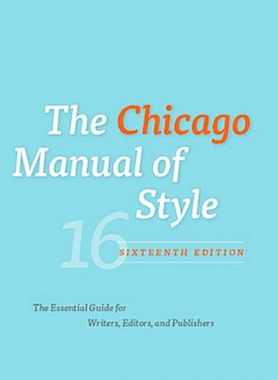Beginner’s English (suitable for ESL students)
Words are Categorical series, by Brian P. Cleary
I absolutely love these books for children and ESL adults alike, as they clarify parts of speech in a way that’s hilarious and endearing. With titles such as Hairy, Scary, Ordinary: What Is an Adjective? and Thumbtacks, Earwax, Lipstick, Dipstick: What Is a Compound Word?, you know you’re in for a fun time. Although the link above will take you to a boxed set, the books are also available individually.
MacMillan English School Books
These are essential for anyone who’s learning English as a second language (ESL). English is an extremely complicated language, and unless you’ve grown up speaking, reading, and writing it, there are subtle nuances that take a long time to pick up. These books cover a wide range of skill levels, and can help you polish up both your writing and conversational skills.
General/Intermediate English (high school/early college level)
Eats, Shoots & Leaves: The Zero Tolerance Approach to Punctuation, by Lynne Truss
This book is a brilliant reference for writers of all ages, but I tend to recommend it to high school and college students because it’s funny, clever, and explains punctuation in a memorable way. Remember that good punctuation is vital, as it’s the key to either knowing your shit, or knowing you’re shit.
The Big Book of Words You Should Know, by David Olsen, Michelle Bevilacqua, and Justin Cord Hayes
If you’d like to expand your vocabulary, this is the book for you. By learning words like “halcyon” and “sagagious” (which you may come across in books or wish to add into your own writing) as well as “schlimazel” and “thaumaturgy” (ask your English teacher to define those on the spot!), your fluency with this magnificent language will explode in the most brilliant way imaginable.
The Mother Tongue – English, and How It Got That Way, by Bill Bryson
Everything this author writes is pure genius, and The Mother Tongue is no exception. Bryson weaves a fascinating tale about the origins of the English language, and peppers it with solid insight about the utter weirdness that abounds in the language.
The Art of Fiction: Notes on Craft for Young Writers, by John Gardner
A vital resource for anyone who intends to write fiction, this book will help you craft a refined sentence, develop characters that readers don’t want to disembowel, and avoid trite cliches. Gardner’s a tough teacher, but if you can put your own delicate ego aside, you can learn a lot from this book.
The Elements of Style, by William Strunk Jr. and E.B. White
This is probably one of the best go-to books for composition and style. If you only want a few reference books in your library that deal with English grammar and writing, let this be one of them.
The Gregg Reference Manual, by William Sabin
Probably the most comprehensive guide for style, grammar, usage, and formatting, it’s as beneficial to students as it is for those in business. It really does contain everything you need to know about composing documents, essays, and letters, with tips on how to address various people (senators, bishops, military personnel), and much more.
Advanced English (college grads, professional writers)
The Curious Case of the Misplaced Modifier, by Bonnie Trenga
Even those who have a fair bit of writing experience can mess up when it comes to modifiers, and this fun little volume prods your brain-meat to remind you of proper word placement when constructing sentences.
The Chicago Manual of Style
This book is probably the most invaluable reference for anyone who writes for a North American audience. Whether you’re addressing a letter to a foreign dignitary, citing a study when creating an academic paper, or proofreading another person’s work, this book will guide you through all the writing rules you could ever need. As a side recommendation, I find the Oxford Style Manual to be of great help when working for clients in the UK, as there are certain differences in writing standards on either side of the pond, and having a strong grasp of both can only be of benefit to any writer. There are many other resources that may be of benefit to writers of all skill levels, but the books on this list are some of the best and most well-rounded. They’ll provide a great foundation to one’s writing practice, and although doing so may seem counterintuitive, writers may be surprised at what can be gleaned by revisiting some of the basics, or delving into manuals that may seem more advanced than what they’re accustomed to.
